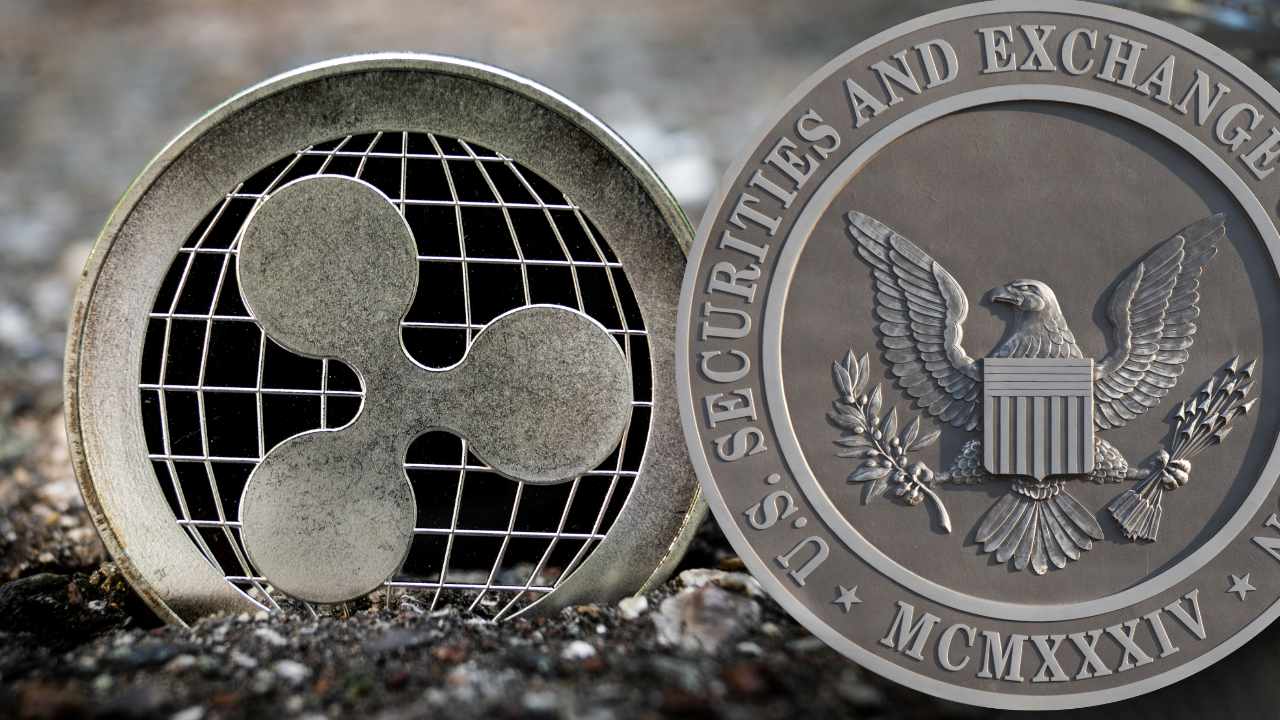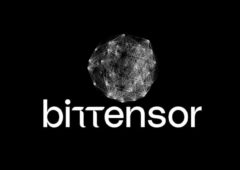Ripple Faces Legal Setback as Court Rejects Bid to Ease Penalties
26.06.2025 16:54 1 min. read Alexander Stefanov
Ripple has been dealt another legal blow after a federal judge rejected its attempt to ease court-imposed restrictions and penalties stemming from its long-standing battle with the U.S. Securities and Exchange Commission (SEC).
Judge Analisa Torres of the Southern District of New York declined a joint request from Ripple and the SEC that sought to revise key aspects of a prior judgment. The two sides had petitioned the court to lift an existing injunction and significantly reduce Ripple’s $125 million penalty. However, the judge remained unconvinced.
In her ruling, Judge Torres highlighted that the legal precedents cited by both parties failed to support the changes they requested. Specifically, she pointed out that those cases did not include similar penalties or injunctions, nor did they result in findings of securities law violations.
She also noted that the need to dissolve the injunction stemmed from the parties’ own mutual agreement during the appeals process—not from any legal necessity.
Back in 2023, Ripple was found to have breached federal securities law by offering XRP to institutional investors without registering the token as a security. The ruling culminated in a final judgment in August 2024, which included both the financial penalty and a permanent injunction prohibiting Ripple from repeating similar violations.
The latest decision leaves those penalties intact, marking a setback for Ripple as it continues to navigate the regulatory landscape.
-
1
SoFi Returns to Crypto with Trading, Staking, and Blockchain Transfers
27.06.2025 8:00 1 min. read -
2
GENIUS Act Could Reshape Legal Battle over TerraUSD and LUNA Tokens
30.06.2025 9:00 1 min. read -
3
Whales Buy the Dip as Retail Panics: This Week in Crypto
29.06.2025 14:00 3 min. read -
4
History Shows War Panic Selling Hurts Crypto Traders
28.06.2025 18:30 3 min. read -
5
Ripple Faces Legal Setback as Court Rejects Bid to Ease Penalties
26.06.2025 16:54 1 min. read
PayPal Expands PYUSD to Arbitrum in Latest Blockchain Push
PayPal has expanded its stablecoin, PayPal USD (PYUSD), to the Arbitrum network, marking a key step in its strategy to integrate with faster, more cost-efficient blockchain infrastructure.
Citigroup Explores Launching Stablecoin as Banks Embrace Crypto Shift
Citigroup is evaluating the potential launch of its own U.S. dollar-backed stablecoin, signaling a growing shift in sentiment among traditional financial institutions toward digital assets.
JPMorgan CEO Jamie Dimon Comments Stablecoins
JPMorgan Chase CEO Jamie Dimon remains skeptical of stablecoins—but says ignoring them isn’t an option for the world’s most powerful bank.
Crypto Cycles are Evolving: Analyst Explains Why Old Patterns no Longer Work
According to crypto analyst Atlas, the traditional four-year cycle that once defined Bitcoin and altcoin market behavior is now obsolete.
-
1
SoFi Returns to Crypto with Trading, Staking, and Blockchain Transfers
27.06.2025 8:00 1 min. read -
2
GENIUS Act Could Reshape Legal Battle over TerraUSD and LUNA Tokens
30.06.2025 9:00 1 min. read -
3
Whales Buy the Dip as Retail Panics: This Week in Crypto
29.06.2025 14:00 3 min. read -
4
History Shows War Panic Selling Hurts Crypto Traders
28.06.2025 18:30 3 min. read -
5
Ripple Faces Legal Setback as Court Rejects Bid to Ease Penalties
26.06.2025 16:54 1 min. read


